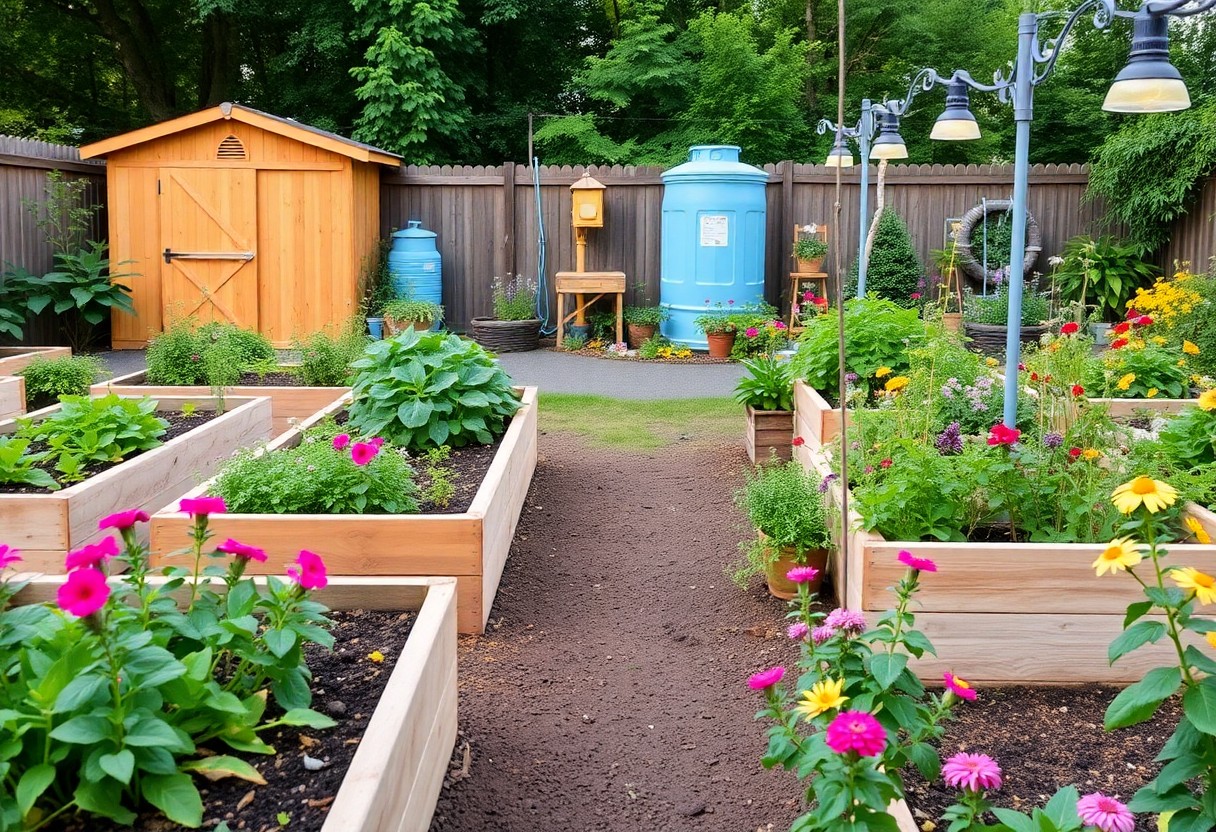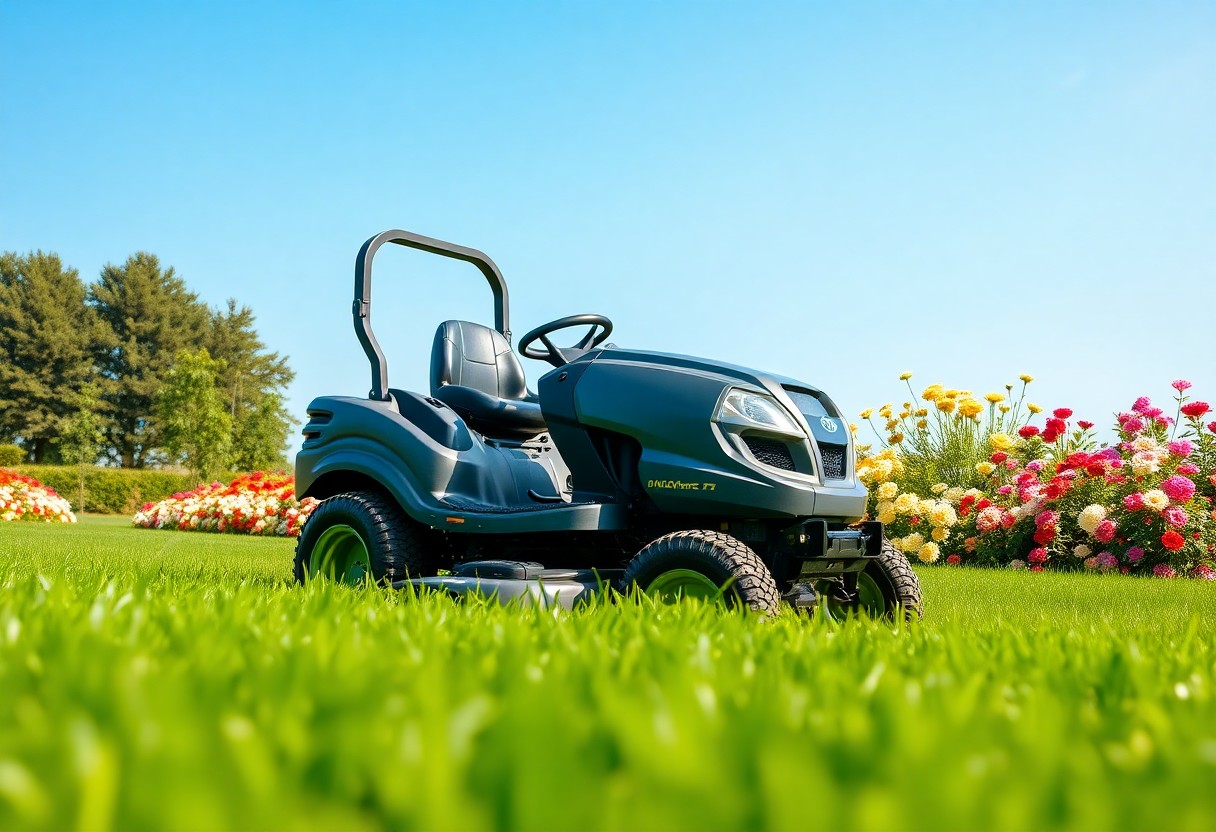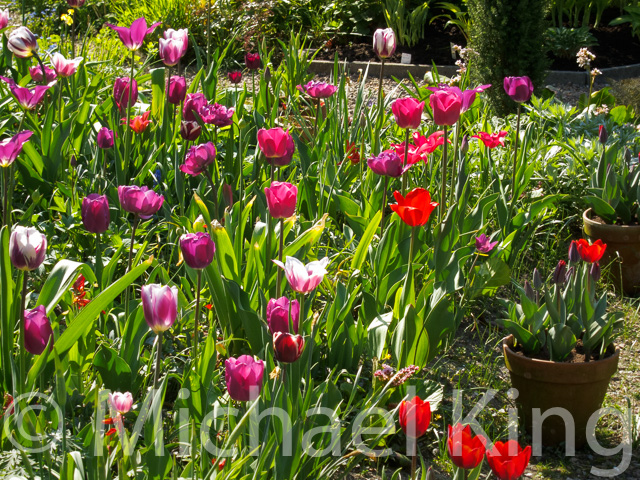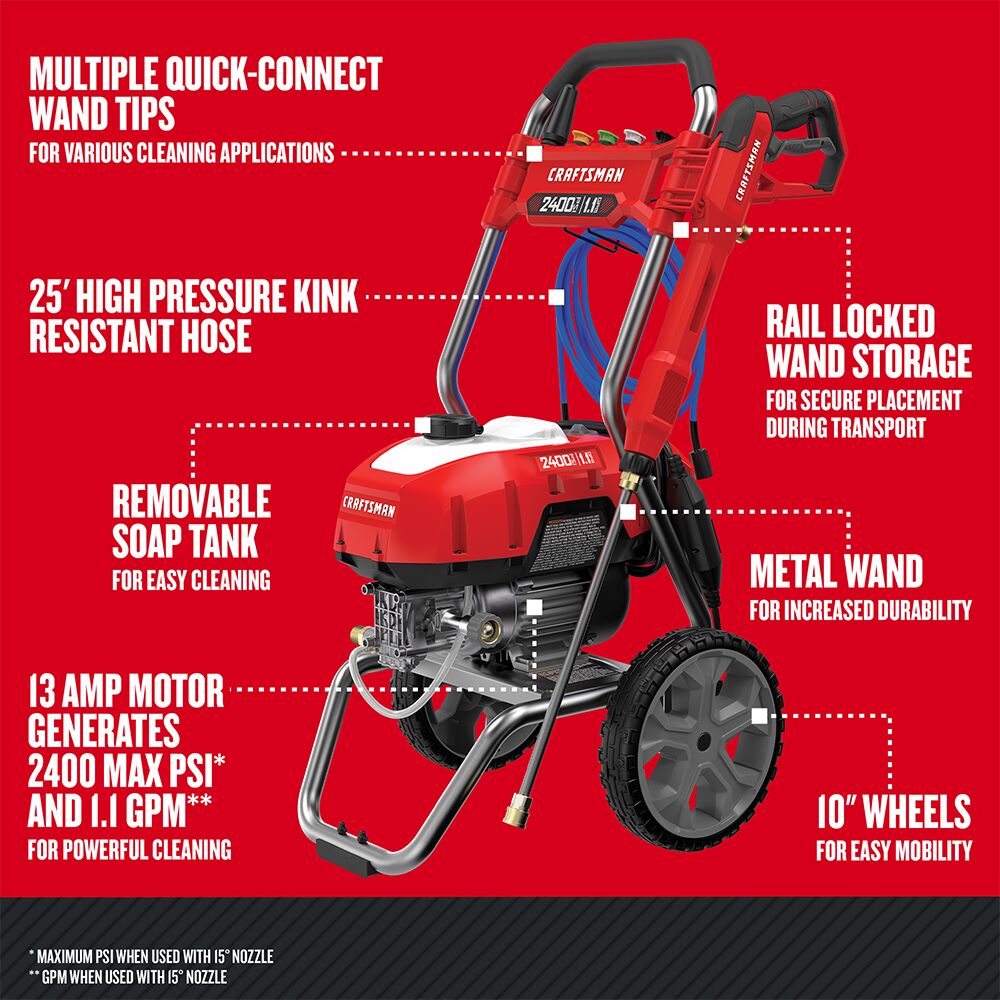
There’s a growing movement towards sustainable gardening that emphasizes eco-friendly practices, allowing you to create a thriving garden while caring for the planet. From composting to water conservation, these trends not only benefit your plants but also contribute to a healthier environment. If you’re curious about how to implement these practices in your own green space, check out this Guide to sustainable gardening flower pots and garden tools to get started on your sustainability journey!
Embracing Native Plants
As you venture into sustainable gardening, embracing native plants is a wonderful way to create a vibrant and eco-friendly garden. Native plants are adapted to your local environment, requiring less water and maintenance while providing a beautiful, natural look. By incorporating these flora into your garden, you not only enhance its aesthetic appeal but also contribute to the health of your local ecosystem.
Benefits of Local Flora
Local plants are better suited to thrive in your area’s climate and soil conditions, resulting in lower water usage and less need for chemical fertilizers. They also attract native pollinators, like bees and butterflies, helping to maintain the balance of your garden ecosystem.
Creating Biodiversity
At the heart of a thriving garden is biodiversity, and incorporating native plants is an excellent way to achieve it. By planting a variety of local species, you create a habitat that supports various forms of wildlife and encourages beneficial insects to visit your garden.
To foster biodiversity, consider including plants that bloom at different times throughout the growing season. This not only ensures a consistent food source for pollinators but creates a diverse environment where various insects, birds, and beneficial organisms can thrive. By adding layers of plants, such as ground covers, shrubs, and trees, you provide habitats for wildlife, enrich your garden’s ecosystem, and enjoy the beauty of nature all around you.
Composting at Home
There’s no better way to nurture your garden while reducing waste than starting a compost pile at home. Composting transforms your kitchen scraps and yard waste into rich, organic matter that not only feeds your plants but also improves soil health. It’s a simple and rewarding practice that contributes to sustainable gardening and helps decrease the amount of garbage sent to landfills. Plus, it’s a fantastic way to create a thriving ecosystem right in your backyard.
Getting Started with Composting
Composting is easy and can be done in small spaces or large yards. Start by choosing a compost bin or pile location that gets some sunlight and is easily accessible. Gather your green materials, like vegetable peels and grass clippings, and brown materials, such as dried leaves and cardboard. Layer these materials as you accumulate them, keeping the pile moist but not soggy. In just a few months, you’ll have nutrient-rich compost to enhance your garden.
The Power of Nutrient Recycling
For gardeners, nutrient recycling through composting is a game-changer. By transforming organic waste into compost, you return precious nutrients to the soil, enhancing its fertility and structure. This natural process leads to healthier plants and increased biodiversity in your garden. When you nurture your soil with compost, you promote a sustainable cycle that feeds not only your plants but also contributes to a cleaner environment.
Understanding how nutrient recycling works is vital for creating a thriving garden. As you compost, microorganisms break down organic materials, releasing important nutrients like nitrogen, phosphorus, and potassium back into the soil. This process not only feeds your plants but also helps retain moisture and improve soil structure, leading to stronger root systems. By utilizing compost, you minimize the need for chemical fertilizers, ultimately creating a more balanced and eco-friendly growing environment.
Water Conservation Techniques
Clearly, conserving water in your garden is not only eco-friendly but also cost-effective. By implementing smart irrigation practices and choosing the right plants, you can significantly reduce your water usage while keeping your garden thriving. Techniques such as drip irrigation and rainwater harvesting can help you optimize water use, ensuring that every drop counts. Let’s explore some effective methods to help you make the most of this precious resource.
Drip Irrigation and Rain Gardens
Rain gardens are a fantastic way to manage stormwater while adding beauty to your landscape. By directing excess rainwater runoff into a garden filled with native plants, you can create a vibrant habitat that conserves water. Drip irrigation, which delivers water directly to the roots of your plants, complements this approach perfectly, minimizing evaporation and runoff. Together, these methods make water management in your garden both efficient and environmentally friendly.
Mulching for Moisture Retention
Retention is key when it comes to keeping your garden hydrated. Applying a layer of mulch helps to seal in moisture, suppress weeds, and maintain soil temperature. With materials ranging from bark chips to straw, you can easily customize the look and feel of your garden while promoting healthier plants. This simple practice not only conserves water but also enriches the soil as it breaks down over time.
Gardens benefit tremendously from mulching, as it can reduce the frequency of watering needed by retaining moisture in the soil. As you apply mulch, aim for a layer that’s about three inches thick to ensure optimal water retention without suffocating the roots. Incorporating organic mulches also contributes to nourishing the soil, attracting beneficial organisms, and creating a vibrant ecosystem in your outdoor space. Your plants will thrive, and you’ll enjoy the beauty of a lush garden that requires less water.
Organic Pest Management
Once again, embracing organic pest management allows you to safeguard your garden while fostering a healthier ecosystem. By opting for natural methods instead of chemical pesticides, you help preserve beneficial insects and create a balanced environment. You can achieve this by integrating various strategies that minimize pest impact without harming the delicate balance of nature around your garden.
Natural Predators and Companion Planting
Around your garden, you can harness the power of natural predators and companion planting to keep pests at bay. By welcoming birds, ladybugs, and other beneficial insects, you create a natural defense system. Pairing certain plants together can also enhance their growth and deter unwanted pests, making your garden thrive while maintaining ecological harmony.
Homemade Remedies
On your quest for eco-friendly gardening, homemade remedies can be simple and effective solutions for managing pests. Ingredients like garlic, neem oil, and soap can be combined to create sprays that deter insects without harming your plants or the surrounding wildlife.
Consequently, these homemade remedies not only empower you to control pests organically but also allow you to customize your solutions based on the specific needs of your garden. By using items that are easily found in your kitchen or garden, you minimize waste and reduce your environmental footprint. As you experiment with these DIY concoctions, you’ll find that not only do you keep pests in check, but your garden flourishes and becomes a more vibrant and inviting space.
Eco-Friendly Garden Supplies
To create a truly sustainable garden, investing in eco-friendly garden supplies is vital. This not only reduces your environmental footprint but also supports a healthier ecosystem. Consider using materials that minimize waste and incorporate natural elements, such as compostable mulch and organic pest control options. With these sustainable choices, your garden can thrive while promoting a greener world.
Biodegradable Tools and Materials
To enhance your garden’s sustainability, switch to biodegradable tools and materials. Instead of traditional plastic options, seek out tools made from materials like bamboo or recycled paper products. These options break down naturally over time, contributing to a healthier planet while still providing the functionality you need for your gardening tasks. Plus, it feels great to know that your garden practices align with eco-friendly values!
Alternatives to Chemical Fertilizers
Tools such as composting can help you discover effective alternatives to chemical fertilizers. By creating a nutrient-rich compost from kitchen scraps and yard waste, you can nourish your plants naturally. Explore options like worm castings, seaweed extracts, and bone meal, which provide vital nutrients without harsh chemicals. Going organic not only benefits your crops but also protects the environment, ensuring a sustainable future for your garden.
Biodegradable fertilizers are an excellent way to feed your plants while respecting the environment. By turning to organic options like compost, you can enrich your soil and promote healthy plant growth naturally. These fertilizers release nutrients gradually, ensuring your plants have a continuous supply without the risk of chemical runoff. Additionally, incorporating green manures and cover crops can improve soil health over time, making your garden more productive and environmentally friendly.
Sustainable Landscaping Practices
Your garden can be a sanctuary while also being ecologically mindful. Incorporating sustainable landscaping practices not only enhances the beauty of your outdoor space but also contributes to a healthier environment. From choosing native plants to minimizing water usage, these approaches create a thriving ecosystem in your backyard that benefits both you and local wildlife.
Xeriscaping and Minimalist Design
Against conventional landscaping that often relies on high water usage and constant maintenance, xeriscaping provides a refreshing alternative. By incorporating drought-resistant plants and minimizing lawn areas, you can create a visually striking and sustainable garden that requires less watering and upkeep, making it an eco-friendly choice.
Incorporating Edible Landscapes
With the growing popularity of edible landscapes, you can transform your garden into a delightful bounty of fruits, vegetables, and herbs. By integrating edible plants among your ornamental ones, not only do you create a more useful garden space, but you also enhance biodiversity and attract beneficial pollinators.
Further, incorporating edible landscapes allows you to enjoy fresh produce right from your backyard, adding flavor to your meals while reducing your carbon footprint. Imagine harvesting ripe tomatoes or fragrant basil as you cultivate a garden that nourishes both your spirit and your body. By selecting a variety of perennial and annual edible plants, your garden can provide year-round sustenance and beauty, making it a truly rewarding endeavor.
To wrap up
Drawing together the sustainable gardening trends discussed, you can cultivate a thriving garden that not only beautifies your space but also supports the environment. By incorporating eco-friendly practices like composting, native planting, and water conservation, your gardening efforts harmonize with nature. Embrace these trends to create a vibrant ecosystem right in your backyard, benefiting both you and the planet. Enjoy the journey of sustainable gardening, knowing that each small change you make can lead to a healthier, more sustainable world.







